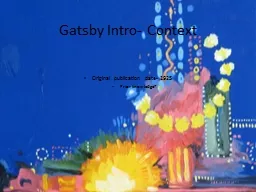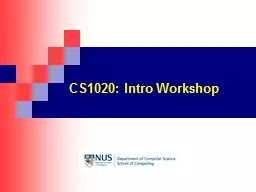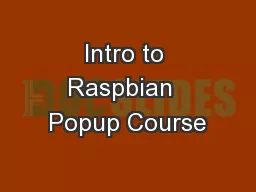PPT-Intro to Philosophy Ean Maloney
Author : cheryl-pisano | Published Date : 2018-10-26
DCC Quiz bowl camp 2017 An overview Presocratic the beginning of time 469 BC Ancient 469 BC 476 AD Medieval 476 AD 1600s Modern 1620ish1850 Contemporary 1850
Presentation Embed Code
Download Presentation
Download Presentation The PPT/PDF document "Intro to Philosophy Ean Maloney" is the property of its rightful owner. Permission is granted to download and print the materials on this website for personal, non-commercial use only, and to display it on your personal computer provided you do not modify the materials and that you retain all copyright notices contained in the materials. By downloading content from our website, you accept the terms of this agreement.
Intro to Philosophy Ean Maloney: Transcript
Download Rules Of Document
"Intro to Philosophy Ean Maloney"The content belongs to its owner. You may download and print it for personal use, without modification, and keep all copyright notices. By downloading, you agree to these terms.
Related Documents














